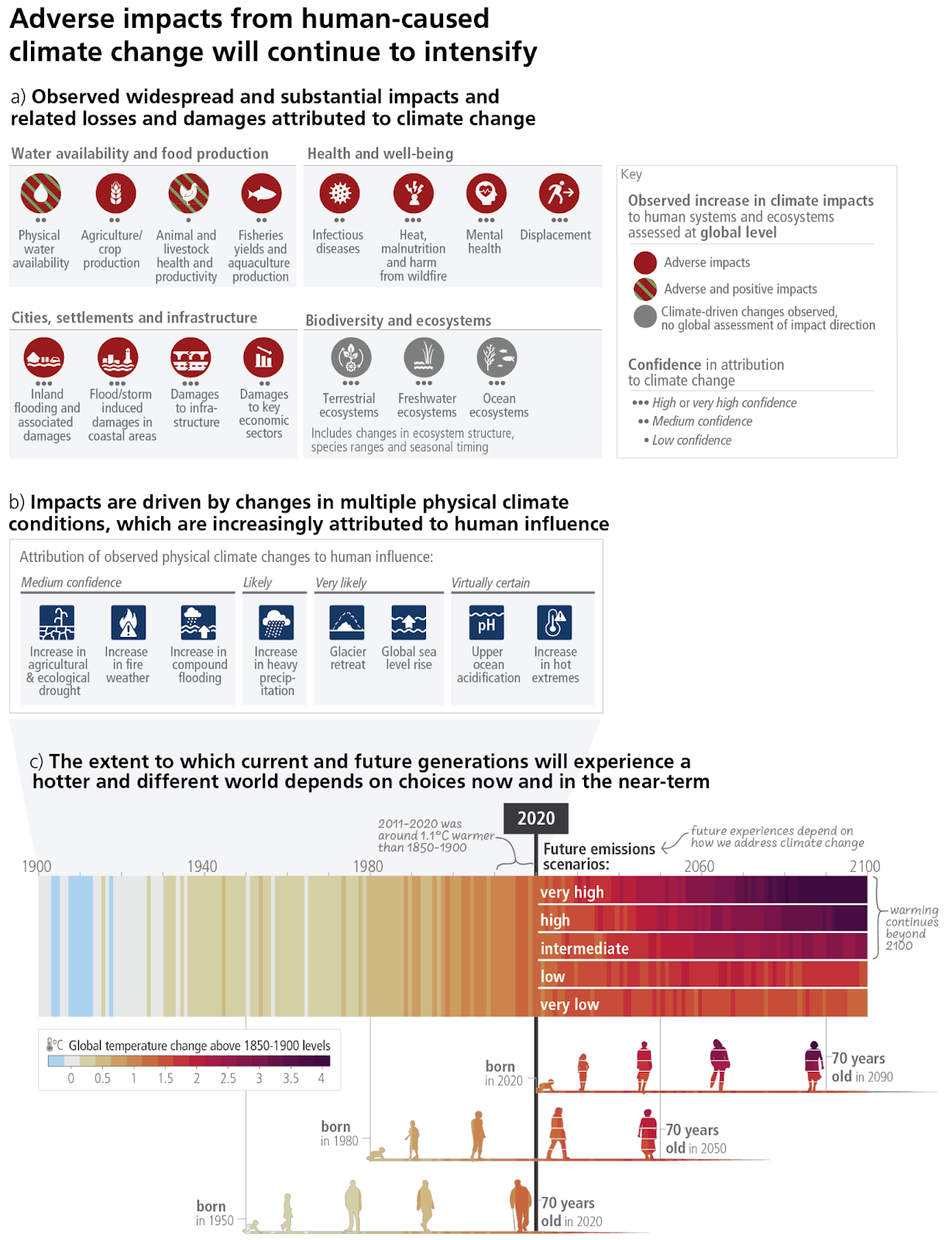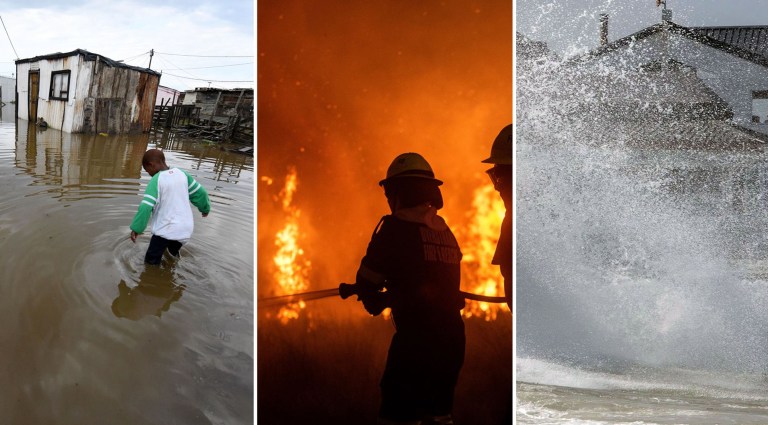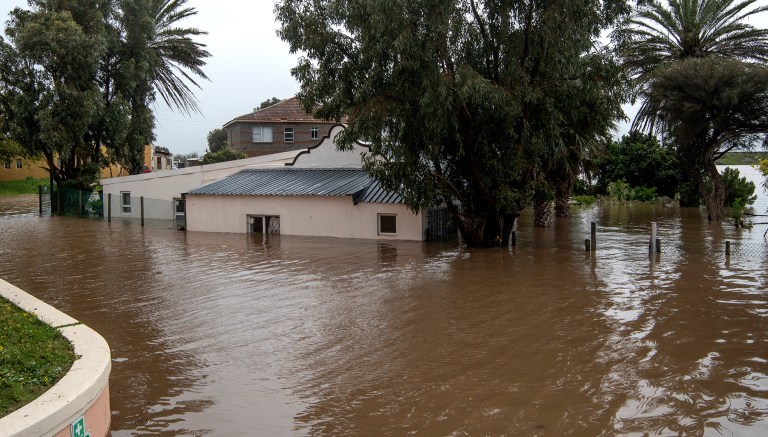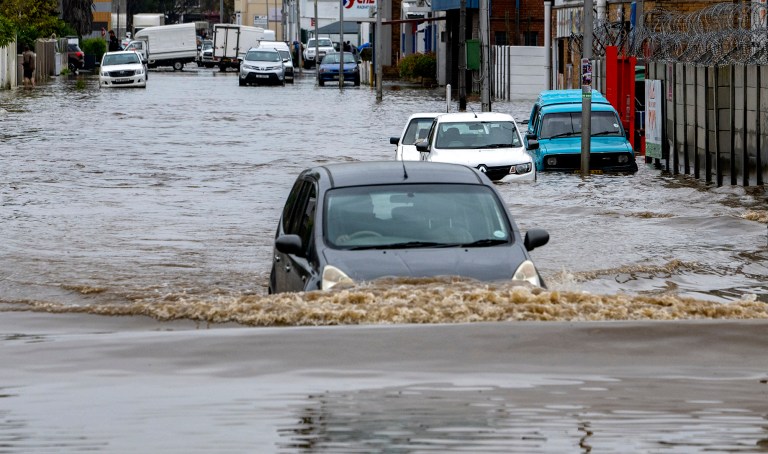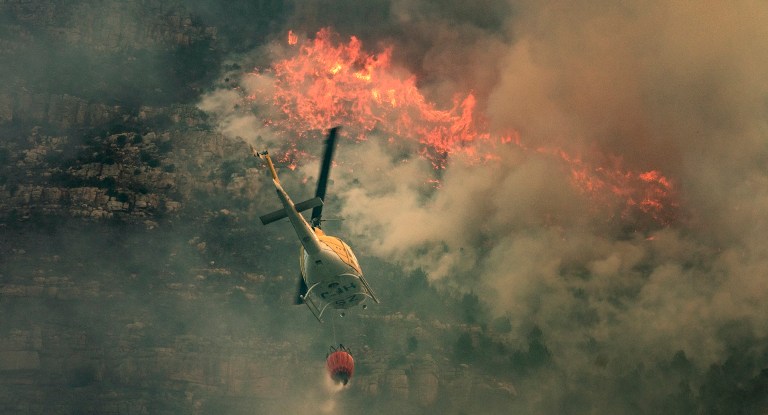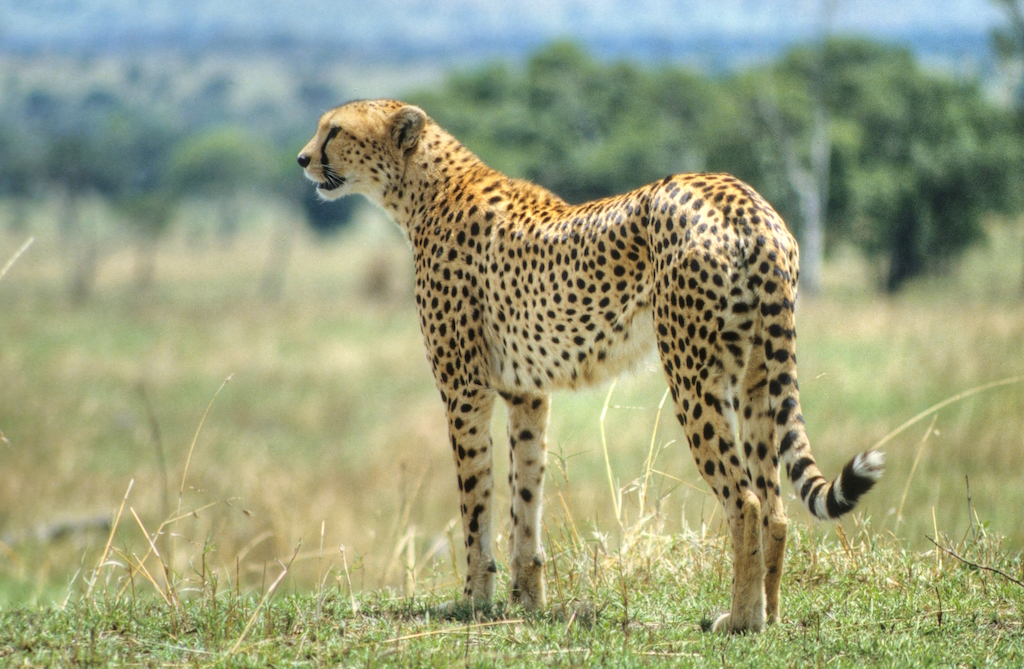CLIMATE CHANGE
Posted: Mon Mar 13, 2023 2:47 pm
Sub-Saharan Africa and the awareness of a new colonialism more invasive than the past

Photo Shutterstock
9 March 2023
The opinion of Pedro Ranca Da Costa, former collaborator of the Swiss Integration Office of foreigners
Beyond verbal oceans, rhetorical proclamations, commitments made and never kept, Sub-Saharan Africa closes this 2022 with a problematic balance sheet on multiple fronts.
The Ebola virus has spectrally re-emerged in Uganda, where there are 22 deaths in the month of December alone, adding to the 55 victims recorded in the previous 11 months. The Covid epidemic has dealt a further blow to already fragile health care structures, bringing many nations to their knees and reducing large sections of the population to poverty. The Russo-Ukrainian conflict has resulted in the importation of grain, causing 40 million people to go hungry and soar the prices of petrol and fertilizers. Widespread poverty exacerbated by the desertification of a continent that until the seventies was almost self-sufficient in terms of food, and today witnesses helplessly a widespread drought at the origin of famine.
Sub-Saharan African nations in various international meetings have reiterated their opposition to the draconian measures proposed by the West to stop environmental degradation, explaining that Sub-Saharan Africa is the continent that pollutes the least and which is now suffering the consequences of foolish choices by others . An ecological transition as suggested by the most polluting countries would be a further penalty.
2022 ends with the civil conflict between Ethiopia and Tigray that has been going on for two years and has already claimed 500 thousand victims and created millions of refugees and displaced persons. The peace treaty signed in South Africa remains a framework because the framework must be filled with content. The 12,000 soldiers sent on a peace mission by the EAC (East African Community) should oversee the difficult peace under construction.
Political instability is an all too common denominator for Mali, Guinea, Sudan, Chad, Burkina Faso, countries where coups d'état have decided the fate of citizens since 2020. Instead, the coups in Sao Tome, Principe and Gambia failed. The road to stability in Sudan remains impervious. In South Africa, since Mandela's departure, no president has proved capable of leading the country.
To stop the Chinese invasion (sub-Saharan Africa's main economic partner with investments of 254 billion dollars in 2021 compared to 64 billion from the USA), Washington favored the entry of the African Union into the UN security council and as a permanent member of the G20. And there is a commitment to invest 55 billion dollars over 3 years to develop the economy, health and safety, i.e. the military and arms sector. The "race to do good" for Africa has begun. The actors are all interested in returning the protagonists, as in the years of the cold war. The sub-Saharan continent remains strategic but there is also the awareness of a new colonialism that is more dangerous and invasive than the past one.

Photo Shutterstock
9 March 2023
The opinion of Pedro Ranca Da Costa, former collaborator of the Swiss Integration Office of foreigners
Beyond verbal oceans, rhetorical proclamations, commitments made and never kept, Sub-Saharan Africa closes this 2022 with a problematic balance sheet on multiple fronts.
The Ebola virus has spectrally re-emerged in Uganda, where there are 22 deaths in the month of December alone, adding to the 55 victims recorded in the previous 11 months. The Covid epidemic has dealt a further blow to already fragile health care structures, bringing many nations to their knees and reducing large sections of the population to poverty. The Russo-Ukrainian conflict has resulted in the importation of grain, causing 40 million people to go hungry and soar the prices of petrol and fertilizers. Widespread poverty exacerbated by the desertification of a continent that until the seventies was almost self-sufficient in terms of food, and today witnesses helplessly a widespread drought at the origin of famine.
Sub-Saharan African nations in various international meetings have reiterated their opposition to the draconian measures proposed by the West to stop environmental degradation, explaining that Sub-Saharan Africa is the continent that pollutes the least and which is now suffering the consequences of foolish choices by others . An ecological transition as suggested by the most polluting countries would be a further penalty.
2022 ends with the civil conflict between Ethiopia and Tigray that has been going on for two years and has already claimed 500 thousand victims and created millions of refugees and displaced persons. The peace treaty signed in South Africa remains a framework because the framework must be filled with content. The 12,000 soldiers sent on a peace mission by the EAC (East African Community) should oversee the difficult peace under construction.
Political instability is an all too common denominator for Mali, Guinea, Sudan, Chad, Burkina Faso, countries where coups d'état have decided the fate of citizens since 2020. Instead, the coups in Sao Tome, Principe and Gambia failed. The road to stability in Sudan remains impervious. In South Africa, since Mandela's departure, no president has proved capable of leading the country.
To stop the Chinese invasion (sub-Saharan Africa's main economic partner with investments of 254 billion dollars in 2021 compared to 64 billion from the USA), Washington favored the entry of the African Union into the UN security council and as a permanent member of the G20. And there is a commitment to invest 55 billion dollars over 3 years to develop the economy, health and safety, i.e. the military and arms sector. The "race to do good" for Africa has begun. The actors are all interested in returning the protagonists, as in the years of the cold war. The sub-Saharan continent remains strategic but there is also the awareness of a new colonialism that is more dangerous and invasive than the past one.
